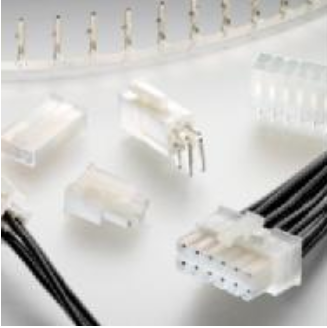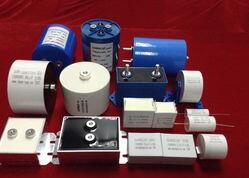Autotalks, the Israeli V2X (Vehicle to Everything) specialist, has produced a V2X chipset supporting both DSRC and C-V2X direct communications (PC5 protocol) at the highest security level.

The chipset supports DSRC based on 802.11p/ITS-G5 standards and C-V2X based on 3GPP specifications.
In recent years, V2X diverged into two different technologies, DSRC and C-V2X, with fundamentally different architectures, making it difficult to harmonize a single global solution.
While DSRC-based V2X is deployed in the US, Europe and Japan, C-V2X is gaining momentum in other regions.
Autotalks chipsets were designed from the ground up to meet V2X market requirements and standards, which gives its C-V2X offering a head start to meet security, environmental, quality, thermal and other requirements.
Delivering dual-mode (DSRC and C-V2X) functionality on existing automotive qualified AEC-Q100 grade 2 chipsets while leveraging production grade software and maintaining the present API, enables the shortest time to market for a global dual-mode V2X platform.
The Autotalks chip-set minimizes development, testing and certification efforts for a V2X system to be deployed anywhere, via a software-defined toggle between V2X technologies.
Autotalks’ PC5 solution utilizes the globally defined 5.9 GHz ITS spectrum for V2X and is cellular network agnostic (no cellular SIM or coverage required, works without or with any 3G/4G/5G cellular modem). Separating V2X from the cellular Network
Access Device (NAD) improves the cost-effectiveness of Telematic Control Unit (TCU) deployments.
The separation of V2X from in-vehicle infotainment ensures that the purpose of the V2X system, which is giving drivers alerts of on-road dangers, is not compromised.
Source from:electronicsweekly

 Englisch
Englisch  Chinesisch
Chinesisch  Deutsch
Deutsch  Koreanisch
Koreanisch  Japanisch
Japanisch  Farsi
Farsi  Portuguese
Portuguese  Russian
Russian  Spanisch
Spanisch 





